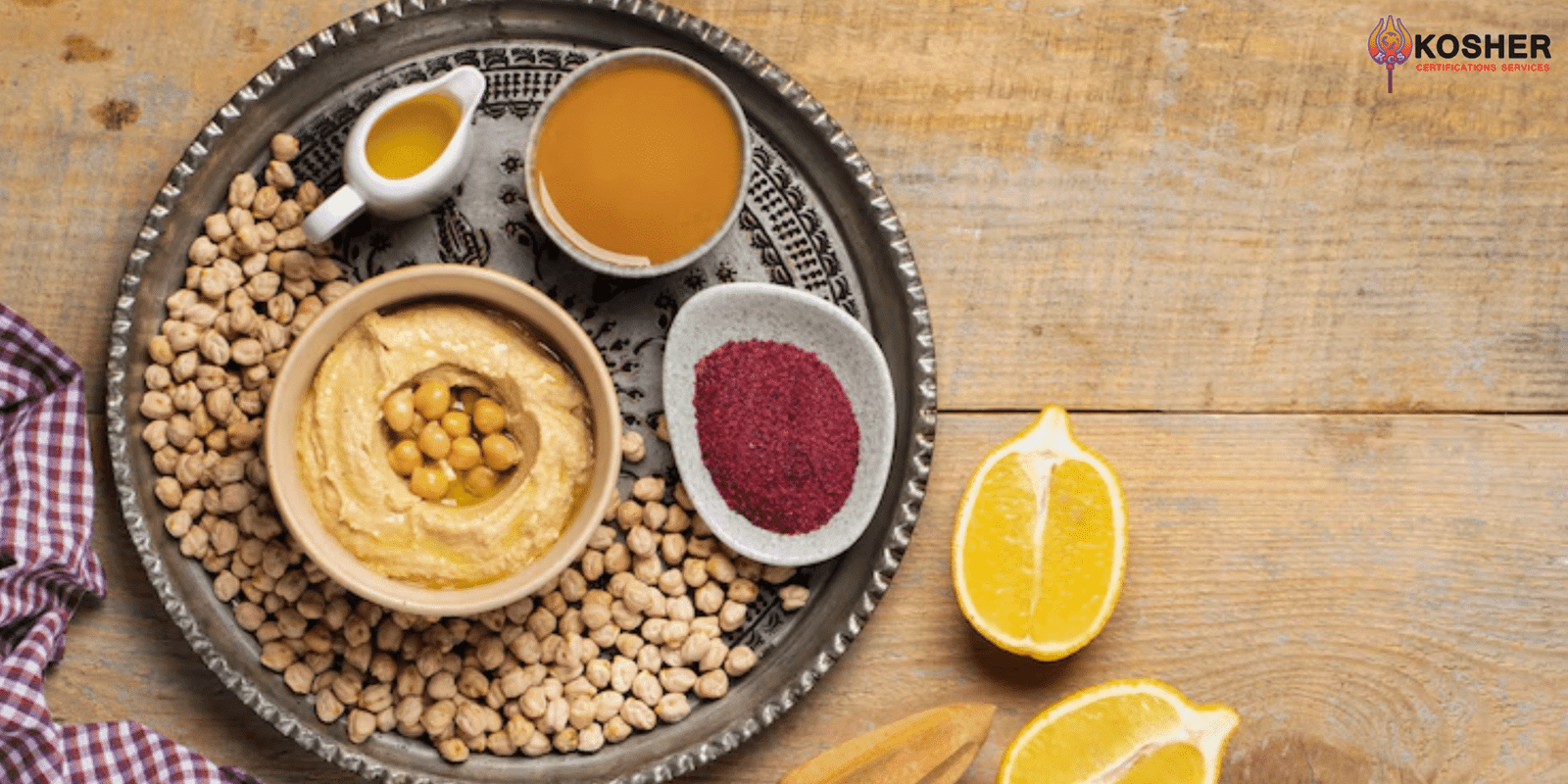If you’ve ever noticed a Kosher Certification small symbol on food packaging—like a “K” or “U” inside a circle or triangle—you’ve likely come across a kosher certification. But what exactly does “kosher” mean, and why is this certification important? Whether you’re a consumer, food manufacturer, or just someone curious about global dietary practices, understanding kosher certification can offer valuable insights.
What Does Kosher Certification Mean?
The term “kosher” comes from the Hebrew word kashér, meaning “fit” or “proper.” In the context of food, it refers to items that conform to the dietary laws of traditional Jewish law (Halacha). These laws dictate not only what types of food are permissible but also how those foods are prepared, processed, and served.
Kosher dietary rules are detailed in the Torah and further interpreted in Jewish rabbinic literature. Some of the most well-known kosher rules include:
-
No mixing of meat and dairy: Foods that contain both are not kosher.
-
Only certain animals are allowed: For example, pigs and shellfish are not kosher.
-
Ritual slaughter (Shechita): Meat must be slaughtered by a trained individual in a specific manner.
-
Use of kosher equipment: Utensils and machinery must not mix kosher and non-kosher products.
What Is Kosher Certification?
Kosher Certification is a formal process by which a certifying agency verifies that a product or establishment meets all kosher requirements. Once approved, the product can display the kosher symbol—often called a hechsher—on its packaging.
There are many kosher certification agencies around the world, including:
-
OU (Orthodox Union)
-
OK Kosher
-
Star-K
-
KOF-K
-
EarthKosher (for natural and organic products)
Each agency has its own symbol, and some are more widely recognized than others. Manufacturers often choose a certifying body based on consumer trust, regional preferences, and market reach.
Why Is Kosher Certification Important?
1. Trust and Transparency for Jewish Consumers
For observant Jewish families, Kosher Certification is essential. It provides assurance that the food they buy complies with religious laws. These consumers rely on kosher symbols to make purchasing decisions with confidence.
2. Growing Appeal Beyond the Jewish Community
Interestingly, many people outside the Jewish faith also seek out kosher-certified products. These include:
-
Muslims, who may trust kosher meat if halal options are unavailable.
-
Vegetarians and vegans, who value the clear labeling and inspection process.
-
People with allergies, especially those avoiding dairy, as kosher certification often identifies dairy-free or meat-free products.
3. Business Benefits for Food Manufacturers
Getting a kosher certification opens up access to a wider market. It allows companies to:
-
Reach Jewish communities worldwide.
-
Gain credibility with quality-conscious consumers.
-
Expand exports to regions with kosher requirements.
The kosher market is worth billions of dollars globally. Products bearing a kosher symbol are often perceived as higher quality and safer due to the rigorous inspection process involved.
The Certification Process: How It Works
The kosher certification process typically involves the following steps:
-
Application: The food manufacturer submits an application to a certification agency.
-
Facility Inspection: A rabbinic inspector (called a mashgiach) visits the facility to inspect ingredients, equipment, and processes.
-
Compliance Setup: If changes are required—like new utensils or ingredient replacements—the company must implement them.
-
Documentation and Approval: The certifier reviews all details and grants approval.
-
Ongoing Supervision: Regular inspections ensure ongoing compliance.
The process may vary slightly depending on the agency and product type, but the goal remains the same: to ensure every element of production aligns with kosher laws.
Is It Difficult to Obtain?
For companies already operating with a clean, organized production line, obtaining kosher certification is often straightforward. The biggest challenges usually arise from shared equipment with non-kosher items or the use of animal-derived ingredients. However, most certification agencies work closely with manufacturers to help them adapt.
Costs can vary depending on the product, location, and scale of production, but many businesses consider it a worthwhile investment due to the market opportunities it opens up.
Final Thoughts
Kosher Certification is more than a religious requirement—it’s a global standard of food quality, transparency, and ethical processing. For consumers, it offers clarity and confidence. For manufacturers, it’s a smart move that can unlock new markets and loyal customer bases.
As global awareness of food standards continues to grow, kosher certification remains a powerful symbol of integrity and care in food production. Whether you follow kosher rules or not, there’s no denying the value and trust that come with a kosher-certified product.
